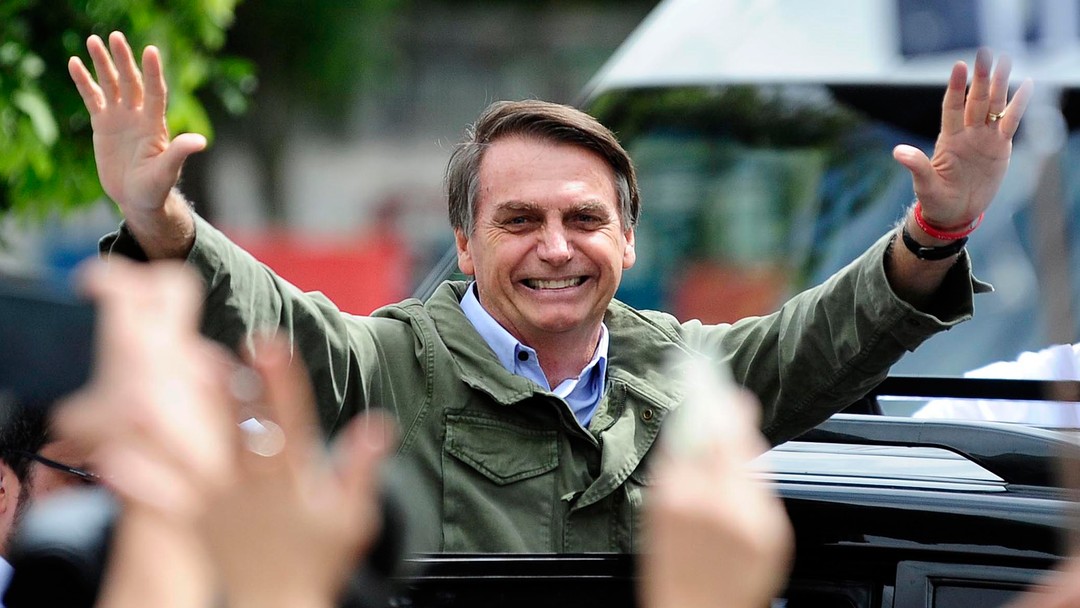query_builderBrazil's Newly Elected President and His Economic Agenda
All News
->All Brazil News
Published: 10/29/2018
On October 28th, Brazilian voters cast their ballot in the presidential runoff, three weeks after the first round that proclaimed Jair Bolsonaro and Fernando Haddad as the final contenders. Jair Bolsonaro won with 55% of valid votes and will begin his term in January 1st, 2019. The result became known only a few hours after the end of the voting hours, and soon after the proclamation of his victory, Bolsonaro made a live speech to the Brazilian people from his residence in Rio de Janeiro. In his message, he promised that his “government will be a defender of the Constitution, of democracy and of freedom”.
The election results are the end of an extremely controversial presidential race. Fernando Haddad was the candidate from the leftist Worker’s Party (PT), to which all elected presidents in Brazil since 2002 belonged. Jair Bolsonaro, in contrast, was seen as the anti-establishment candidate, even though he has been a politician for the past 28 years, and had only two bills of law approved during this period. Still, his candidacy gained momentum after Operation Car Wash, an investigation that unraveled a monumental corruption scheme in which many PT members were implicated.
Having built his candidacy upon an anti-PT image, Bolsonaro saw his popularity soar since the beginning of the year, and his victory adds up to the wave of extreme-right governments in the world. But unlike most European countries and the US, it is not much a reaction to immigration issues, but mostly to the recession, Brazil has faced over the past three years, which many see as having been caused by the Workers’ Party’s previous governments and corruption scandals.
Despite his controversial attitude, the markets favored Bolsonaro, due to his liberal stance. His economic agenda includes tax reduction and simplification, import tariff reduction, simplification of the government structure, and most importantly, the reform of the social security system, which has been one of the major causes of fiscal imbalance and scarcity of public investment. In light of these proposals and given that Bolsonaro had led every poll since the beginning of the electoral period, the local currency has appreciated significantly against the US dollar since well before the election results. Coupled with Bolsonaro’s promise to reduce import tariffs, an appreciated local currency favors Brazilian imports, which represents an excellent opportunity for global exporters to expand their sales to Brazil.
Source: Valor Econômico, Estadão, and other publications
-
No Attachments
